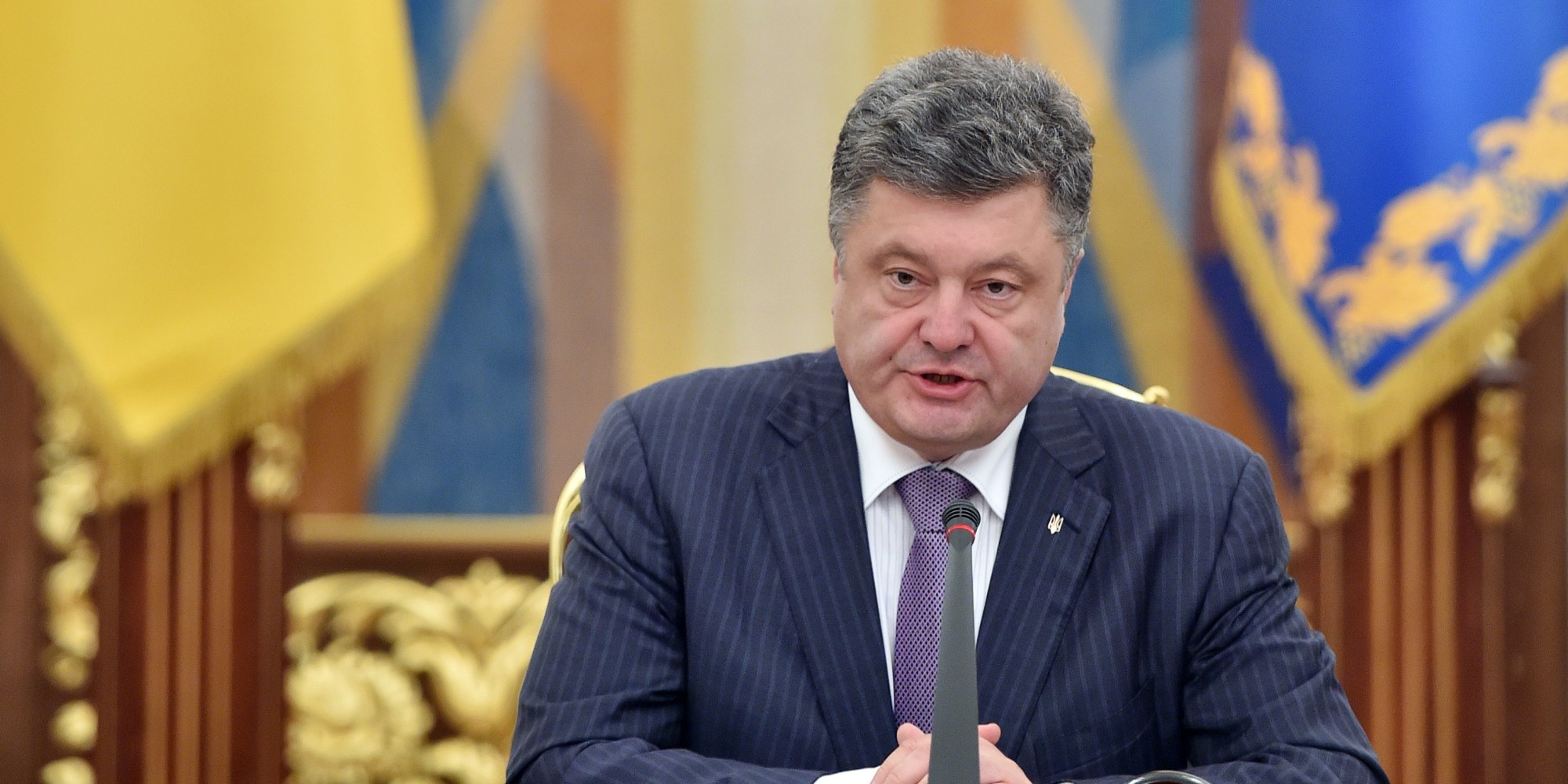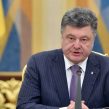
Putin Absent, His Agenda Dominates at Normandy Group Meeting on Ukraine
Publication: Eurasia Daily Monitor Volume: 12 Issue: 157
By:

German Chancellor Angela Merkel hosted Ukrainian President Petro Poroshenko and French President François Hollande, on August 24, in Berlin (“Normandy” format minus Russia), at Poroshenko’s urgent request. This unprecedented meeting followed systematic violations of the ceasefire and open sabotage of the international monitoring mission by Russia and its proxies (see EDM, August 13, 14).
By holding this meeting without Russian President Vladimir Putin’s participation, Merkel avoided a public spat in the Normandy Four group (Russia, Germany, France, Ukraine). This allowed Merkel and Hollande to impress directly on Poroshenko that the Verkhovna Rada must, on August 31, pass the constitutional amendment on “self-administration” of the Russian-controlled Donetsk-Luhansk enclave.
Merkel and Hollande urged those unilateral concessions on Poroshenko more effectively in Putin’s absence, without appearing (as in past Normandy meetings) to take Russia’s side. Berlin did, however, pre-coordinate this meeting with Moscow (Interfax, August 20).
The Rada duly adopted that amendment by a wide margin in the first reading on August 31. This vote also means that Kyiv no longer opposes the holding of “elections” that would legitimize pro-Moscow authorities in Donetsk-Luhansk. Changes to Ukraine’s electoral laws are now being drafted to authorize those “elections.” According to Poroshenko and his supporters in the parliamentary debate, Ukraine would lose Western support and be left one-on-one with Russia, if the Verkhovna Rada fails to vote as expected (Ukrinform, August 31, September 1).
Merkel along with Hollande phoned Putin afterward to update him, bypassing Poroshenko. In that call, the three leaders also discussed the legal basis that must urgently be put in place for the October “elections” in Donetsk-Luhansk (Bundeskanzlerin.de, Elysee.fr, Kremlin.ru, August 29).
Poroshenko’s appeal for Merkel to host a Normandy-minus-Russia meeting sought diplomatic support to stop the fighting (see above). Kyiv evidently felt that it had a convincing case on Russia’s breaches of the ceasefire. For its part, Berlin offered Poroshenko a compromise in line with Russia’s military-diplomatic tactics, to wit: Russian/proxy forces would halt their war of attrition, if Ukraine concedes on the constitutional status of Donetsk-Luhansk and recognizes the upcoming elections there as valid.
Germany is leading this diplomatic process on the Western side by dint of the European Union and the United States’ absence. The “Normandy minus Putin” meeting in Berlin indicates a tactical reassessment by the German government, at least by the Chancellor’s Office (the Ministry of Foreign Affairs was not involved and seems to have been bypassed). Prior to this meeting, Berlin and Paris were pressuring Kyiv to implement the political clauses of the Minsk Two armistice preemptively and unconditionally, i.e., without the minimal precondition of a stable and verifiable ceasefire.
Apparently, Berlin has now retraced its steps. It seems to recognize that a durable ceasefire must come first, if only to clear the way for freezing this conflict under the legal cover foreseen by the Minsk armistice. That cover involves “self-administration” (unofficially known as special status) of the Russian-controlled Donetsk and Luhansk territories, along with recognition of their political-administrative structures as legitimate.
Applying that cover would begin with local elections in the Russian-controlled territory, tentatively on October 25, as part of local elections to be held throughout Ukraine on that date. If that works out, pro-Moscow authorities would be recognized as duly elected representatives of Donetsk and Luhansk, legitimate partners in a constitutional settlement with Kyiv. The Ukrainian parliament would then adopt the constitutional amendment on that territory’s self-administration in the second, final reading. The process is to be completed by December 31, the deadline stipulated in the Mink Two armistice.
EU institutions in Brussels by now exude fatigue with the economic sanctions on Russia and Russia’s retaliation. On September 1, the EU announced a prolongation of sanctions by six months, instead of the expected 12-month prolongation. Apparently, Brussels hopes to be able to find Russia compliant with some of its Minsk armistice commitments within the next six months, and start a mutual climbdown from sanctions. It is a measure of the EU’s policy vacuum that Russia’s war in Ukraine was only a tangential topic of discussion during Poroshenko’s August 28 visit in Brussels (EurActiv, August 29).




